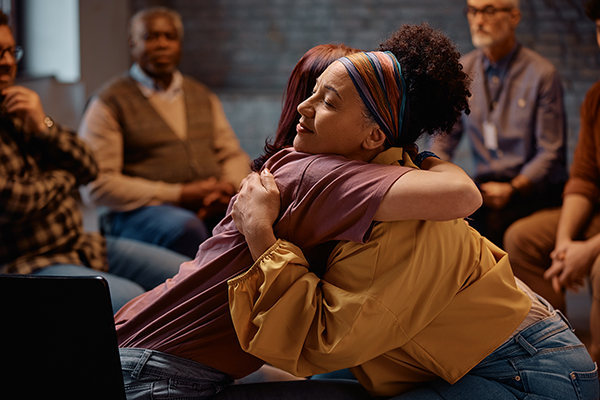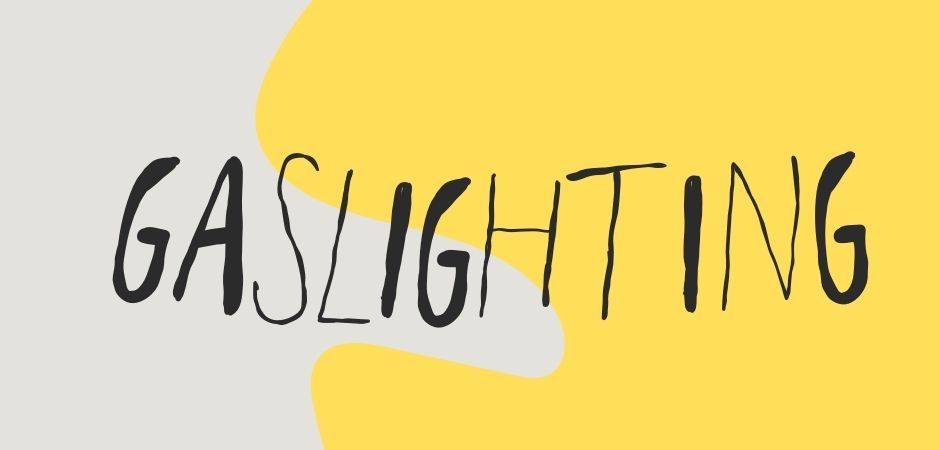You’ve Just Been Diagnosed. Now What?
You’ve just heard the words. Maybe you were in a sterile office with a doctor who looked serious. Maybe you were alone. Maybe someone was sitting next to you, holding your hand—but the moment still felt isolating. However it happened, one truth remains:
Your life just changed.
A diagnosis can drop like an anvil. Whether it’s multiple sclerosis (like mine), lupus, cancer, fibromyalgia, Parkinson’s, or anything else that doesn’t have a quick fix—it shakes you. It doesn’t just change your body. It changes your future, your plans, your sense of self.
How I Found Out—and Why I Felt Relieved
I remember sitting in that neurologist’s office. He didn’t ease me into it. He just said it:
“It’s Multiple Sclerosis.”
And weirdly? I appreciated that.
No tiptoeing, no sugar-coating. Just the facts. And after years of being dismissed, ignored, and misdiagnosed, finally being heard was a kind of relief.
I know that sounds strange. But maybe you’ve been there too—feeling your body betray you while doctor after doctor says, “There’s nothing wrong.” Maybe you’ve been told to “lose weight” or “just relax,” even while something inside you screams that something’s not right.
That first moment—being told what’s actually going on? It hurts. But it also validates everything you knew in your gut.
The Emotional Whirlwind After a Diagnosis
You don’t have to be brave today.
You don’t need to find a silver lining or start fighting.
You just have to breathe.
Cry. Sit in silence. Watch dumb dog videos. Scream into a pillow. All of it’s allowed. Because you’re grieving. And that grief is real and valid.
Grief for the version of you who didn’t know.
Grief for your body, for the future you imagined.
Grief for the control that slipped through your fingers.
What Chronic Illness Took—and What It Gave
For me, MS has taken plenty.
I can’t sing anymore. I used to love dancing—can’t do that either. Fatigue is a constant shadow. Pain, spasms, brain fog—they don’t care about my to-do list.
But strangely, this illness has given me things too.
It taught me to set boundaries.
To trust myself.
To question everything.
To listen—really listen—to my body.
I’ve become stronger than I ever thought I could be. Not because I wanted to, but because I had no choice.
Living With an Invisible Illness
Here’s the part that’ll really test you:
You might still be doubted.
Even now, people see me park in a disabled spot and give me looks.
“You don’t look sick,” they say.
Some “friends” even say they don’t believe me. And those people? I’ve cut them out.
You don’t owe anyone an explanation.
You don’t have to look sick to be sick.
Invisible illnesses are real. And so is your right to protect your energy.
To the Newly Diagnosed: You’re Still You
You might feel like your body is foreign now. Like you’ve lost something essential.
But let me tell you something very important:
You are still whole.
You are still worthy.
You are still you.
This diagnosis is not the end of your story. It’s a messy, complicated plot twist—but you’re still the author.
And when you’re ready—when you’ve had time to sit with it, grieve it, rage at it—there’s a whole world of people out here who understand.
People living with invisible illnesses, chronic pain, hard diagnoses.
We are your people.
We’re not inspirational quotes or toxic positivity. We’re the ones who get it. The ones who live in bodies that fight back—but souls that refuse to quit.
Final Thoughts: How to Cope After a Diagnosis
- Write. Journal. Let the chaos spill out onto paper.
- Find a support system—online or in person.
- Follow accounts that make you laugh.
- Listen to your body (it’s not the enemy—it’s the messenger).
- Don’t waste energy explaining your pain to people who don’t care.
- Grieve the life you thought you’d have.
- Then start creating a new one.
And if you’re reading this today—fresh off the heels of that diagnosis—I want to say this loud and clear:
You are not alone.
You are not broken.
You are still here. And you’re going to be okay.
Even if it doesn’t feel like it yet.



